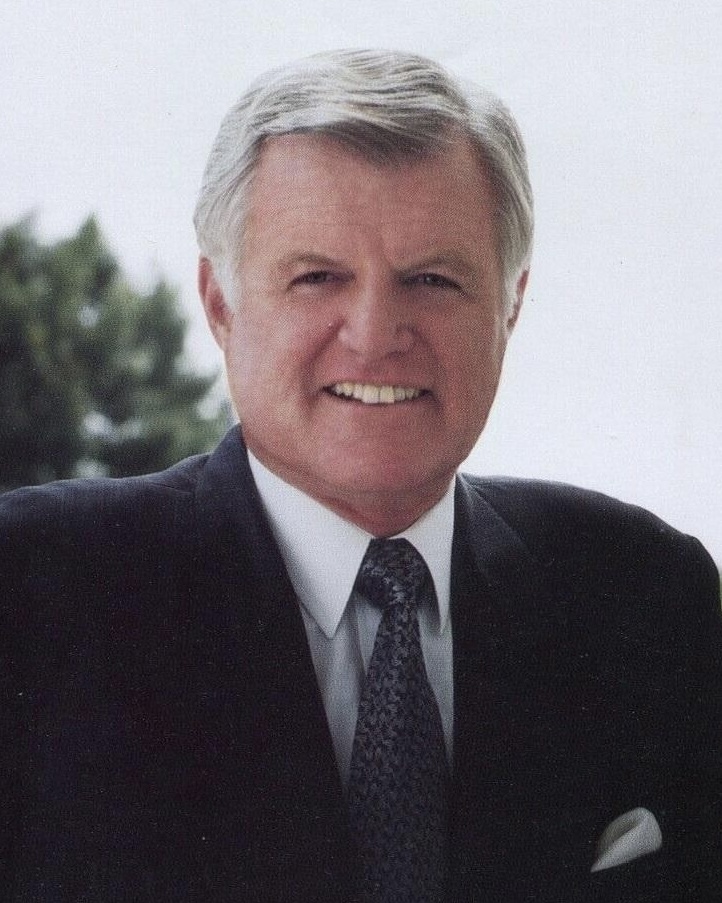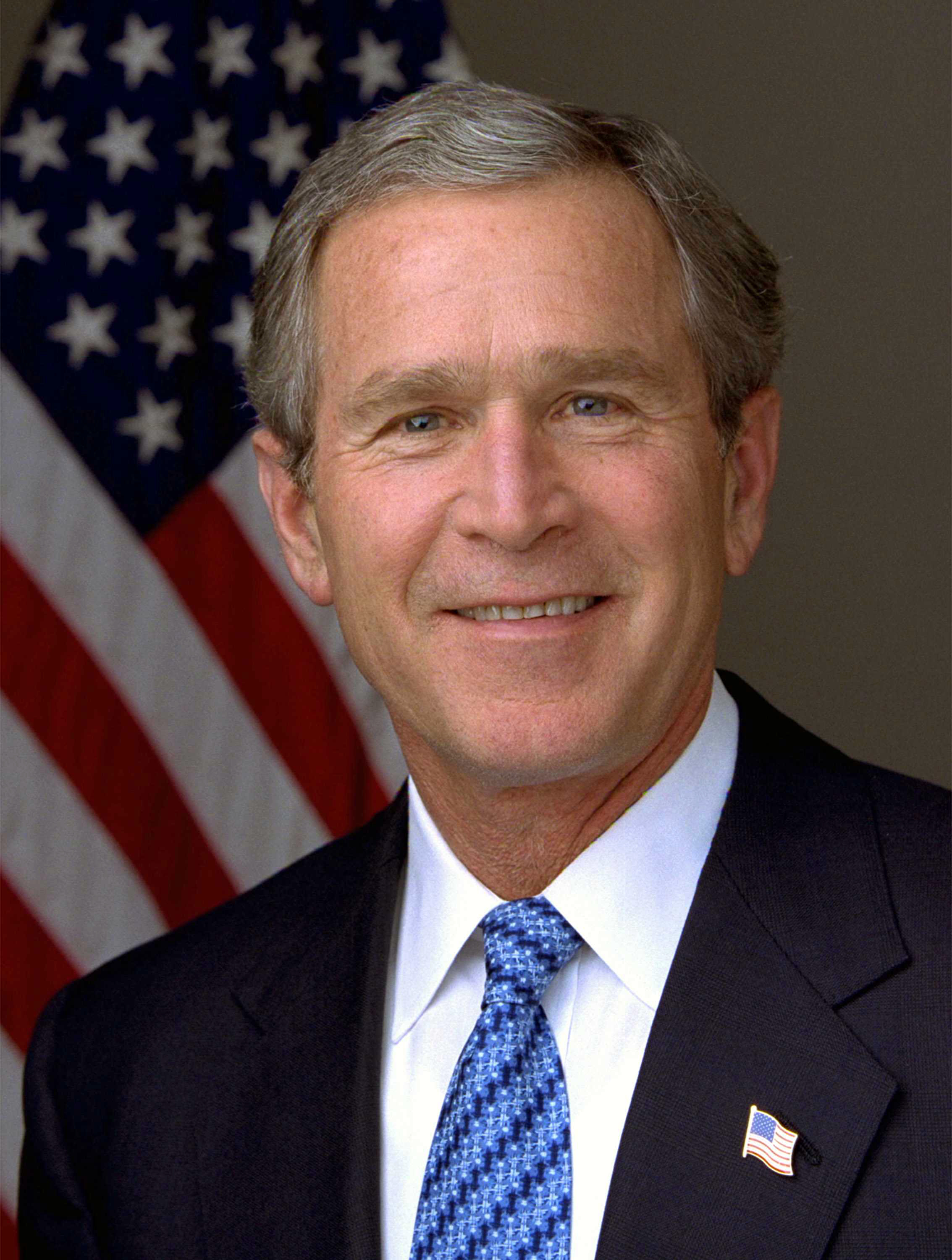 If the torrent of commentary in the blogosphere since recent comments by Hillary Clinton on Friday is any indication, Clinton is losing her grip on women voters — the one American cohort at the heart of her claim on the Democratic nomination. Her purported advantage with this crucial bloc of voters may be illusory.
If the torrent of commentary in the blogosphere since recent comments by Hillary Clinton on Friday is any indication, Clinton is losing her grip on women voters — the one American cohort at the heart of her claim on the Democratic nomination. Her purported advantage with this crucial bloc of voters may be illusory. Women voters commenting in vast numbers on any number of news Web sites and campaign-fan Weblogs, are expressing feelings of being embarrassed by Clinton’s abortive campaign, some to the point of outright anger that the first serious female contender for the presidency would persist in such a poor campaign, and persist in chasing a claim of electability that would overthrow the principles of the party she hopes to lead. These women voters are definitely in favor of a woman in the White House, just not Hillary Clinton. Not this time.
◊ ◊ ◊
Reactions to her Friday comments are deeply passionate: “I can’t believe she said it. Forget that Ted Kennedy was just diagnosed with a brain tumor, but what about all of us over 50 something women, her base?, who lived through the shooting of Robert Kennedy. Doesn’t she realize that there already is a twinge when we watch any large rally of supporters remembering back to what happened. I think the Clintons are desperate. We all know they have their own reality that doesn’t necessarily go with the truth, but this was beyond insensitive and I think totally deliberate.” [Joan Young, posting Friday on the NYTimes Web site.]
“Hillary has finally done exactly what she had so desperately hoped Obama would do. She has made a definitive gaffe that can’t be overcome. It can’t be explained away or marginalized by self-proclaimed presidential attributes. Her words are now memorialized like the giant ‘Mission Accomplished’ banner, the final blow she personally delivered to her own campaign.” [L Jeanne, Friday at NYTimes]
And other women responded to Clinton’s campaign more generally. One writer blogging at the Huffington Post on Friday as (go figure) ObamaEdwards expressed feelings that have to send chills down the brain trust at the Clinton campaign. She is surely not alone:
“Once and for all: I am a feminist. A REAL feminist. That means: I don’t applaud all women simply because they have female parts. I look at the individual’s track record and character. I looked at Clinton a long time ago, and concluded that she is not a good leader, or a very good person. I waited. I hoped. And along came Obama, who has the character and good will and good nature and leadership ability I sought in a candidate. I will back him, and only him, all the way to the White House.
“To HELL with party solidarity. And to HELL with the sisterhood. We will make progress in all social areas when we have a good candidate, like Obama, to help us get there.
“Can we now stop making excuses for a woman who is a terrible role model? Please?”
◊ ◊ ◊
Rather than be swayed by Clinton’s sub rosa argument that the Obama campaign is no friend to modern women voters, those voters and others may well be looking at how women are, in fact, greatly shaping the tone and focus of Team Obama’s strategy as campaign directors and advisers.
Pickler’s story also lists several women at or near the helm of the Obama campaign, including Valerie Jarrett, a senior adviser who has known the Obamas since before they married; finance chairwoman Penny Pritzker; finance director Julianna Smoot; policy director Heather Higginbottom; scheduling director Alyssa Mastromonaco, and foreign policy aide Susan Rice, a former United States Assistant Secretary of State for African Affairs.
We can’t know if Clinton’s purported gender advantage is real or only assumed in the context of a general election. But recent polling suggests that Obama’s not far behind among women voters. In a Gallup daily tracking poll published May 20, Obama trailed Clinton among women voters 18 to 49 years old by four percentage points, and trailed Clinton among women 50 and older by only three. These and other important constituencies are moving toward Obama, Gallup reported — days before Clinton's statements over Memorial Day weekend dropped.
Clinton’s playing of the gender card may result in some short-term gains on her behalf. But what’s clear is that women voters are no more monolithic in their preferences than black or Hispanic voters, and for many of the same reasons.
Rather than thinking and voting in the lockstep context of the herd, as Clinton seems to assume they will, women voters are using their own campaign math this primary season. They’re thinking for themselves — a basic component of both civic responsibility and modern feminism. That may not be good news for Hillary Clinton.
-----
Image credits: Hillary Clinton: Agence France-Presse. Michele Obama: Bbsrock, republished under GNU Free Documentation License.

























